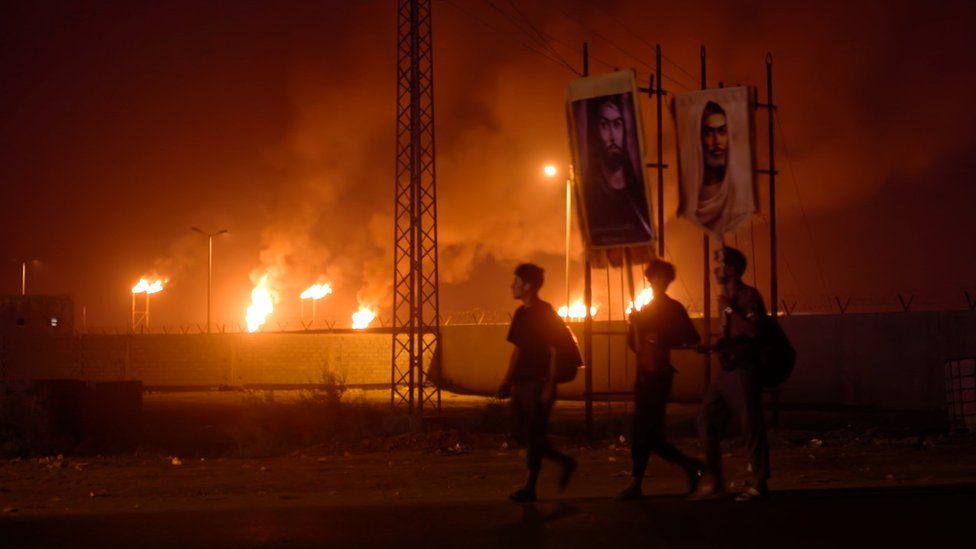-

-
-
Loading

Loading

A BBC investigation has revealed that toxic pollutants released during gas flaring are posing a greater threat to human health than previously thought. Flaring, the burning of waste gas during oil drilling, is occurring across the Gulf, including in the United Arab Emirates (UAE), which is currently hosting the UN's COP28 climate summit. Despite banning flaring 20 years ago, the UAE is still engaging in the practice, contributing to pollution that is spreading hundreds of miles and exacerbating air quality issues across the region. The study also analysed pollution from wells in Iraq, Iran, and Kuwait. The oil companies involved, including BP and Shell, have stated that they are working to reduce flaring. The investigation comes after leaked documents revealed that the UAE planned to use its role as host of the climate talks to secure oil and gas deals. The findings of the BBC investigation have been described as "very disturbing" by UN Special Rapporteur David R. Boyd, who criticised oil companies and Middle Eastern states for failing to address air pollution caused by fossil fuels. Flaring releases pollutants such as PM2.5, ozone, NO2, and benzo(a)pyrene, which have been linked to serious health issues including cancer, asthma, and heart disease. It is possible to capture and use the gas released during flaring to generate electricity or heat homes, but the practice continues globally. The Gulf region already faces high levels of air pollution, with respiratory disease being a leading cause of death. The impact of flaring on air quality in the Gulf region was estimated using a chemical-transport model simulation. The study revealed that pollutants emitted from flares can spread over long distances and have a significant impact on local air quality. The UAE's national oil company, Adnoc, stated that it is focused on eliminating routine flaring by 2030 and flares at a lower rate than the global industry average.